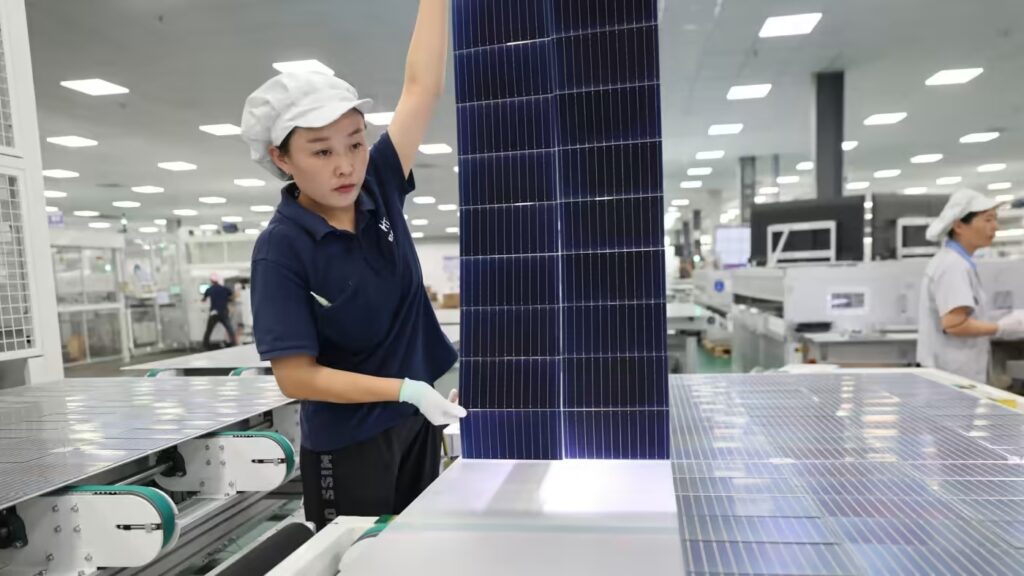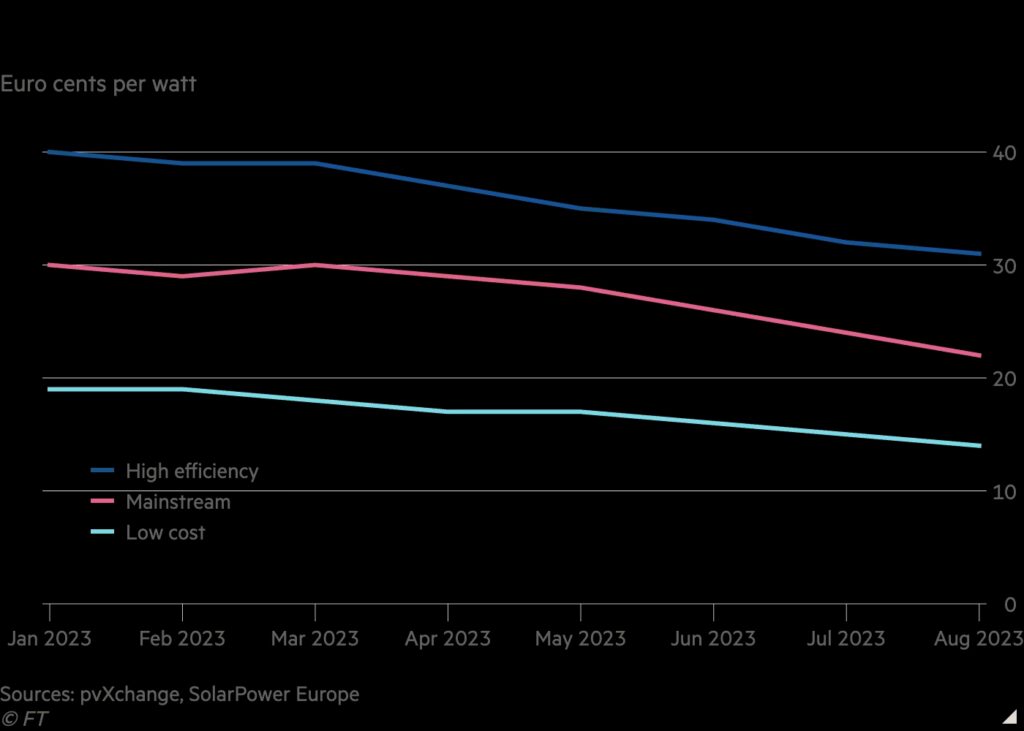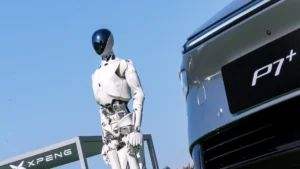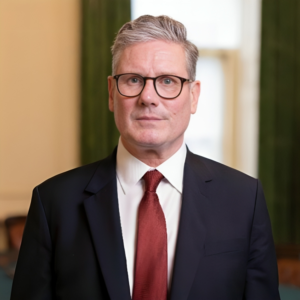
European Solar Sector Proposes €100 Million EU Support Amidst Chinese Competition Challenge
The European Union’s determined efforts to expand its green technology manufacturing sector are facing a significant challenge from cheaper competitors, primarily from China.

The solar power industry in Europe is in trouble because of lots of inexpensive solar panels coming from China. This is causing some European companies to almost go out of business and making it harder for the EU to make more green technology locally.
SolarPower Europe, a group representing the industry, sent a letter to the European Commission on Monday, saying that there are too many solar panels in the market, and Chinese companies are competing very hard to sell them in Europe. This fierce competition has made the prices of solar panels drop by more than a quarter on average since the start of the year.
“This is creating concrete risks for companies to go into insolvency as their significant stock will need to be devalued,” the letter said.
Norwegian Crystals, a company that makes the important part of solar cells called “ingots,” had already gone bankrupt last month. Another Norwegian solar company, Norsun, has announced that it will stop making solar products until the end of this year.
The European Union (EU) has a big ambition for solar power. They want it to be the largest source of energy in the EU, and they’re aiming to have 45% of their energy come from renewable sources by 2030. This goal is up for a vote in the European parliament this week.
China’s strong presence in the solar supply chain results in roughly 75% of the European Union’s (EU) imported solar power products coming from China. This situation has raised concerns that the EU might be becoming too dependent on China, similar to its reliance on Russian gas before Russia’s full-scale invasion of Ukraine.
According to SolarPower Europe, manufacturing a solar module in Europe costs more than twice the current spot price.
In 2012, the European Union (EU) imposed tariffs on Chinese imports to counter unfair competition, particularly due to Beijing’s substantial subsidies to its solar industry. However, in 2018, the EU decided to lift these tariffs to encourage the adoption of renewable energy installations. This move occurred just a year before the European Commission officially recognized China as a “systemic rival.”

Despite increased geopolitical tensions and efforts to reshore manufacturing and reduce supply chain dependence on China, the EU has not reinstated these tariffs. As of now, there has been no immediate response from the European Commission regarding this matter.
The significant decrease in solar power prices has put the European Union’s (EU) goal of producing 30 gigawatts (GW) of solar power components in Europe by 2030 in serious jeopardy. This threat has been expressed in a letter, which also highlights similar concerns from the wind industry regarding Chinese competition.
Furthermore, Western executives have raised alarms about China heavily subsidizing and constructing electric car battery plants well beyond their domestic needs. This excessive capacity could hinder Europe’s plans to expand its electric vehicle (EV) battery production.
These concerns have been reiterated in a separate letter signed by more than 40 solar companies, including Meyer Burger from Switzerland and Heckert Solar from Germany. The letter points out that European spending on solar power components has risen from €6 billion in 2016 to over €25 billion last year, resulting in a surplus of Chinese solar panels stockpiled in European warehouses.
In fact, the letter notes that the quantity of Chinese photovoltaic cells in storage is sufficient to meet Europe’s annual demand for solar panels twice over.

Chinese companies have adopted a “dumping stance” in the European market, offering two-year contracts with prices consistently lower than spot market prices. These contracts often come with conditions such as minimum order quantities and exclusivity agreements, further complicating the situation.
In response to this situation, the solar industry has suggested that the European Commission takes urgent action by acquiring inventories from European solar manufacturers and expedites the implementation of regulations prohibiting products manufactured using forced labor.
Approximately 40% of the world’s polysilicon, the primary material used in solar panels, is produced in Xinjiang, a region in western China. Human rights organizations have accused the Chinese government of compelling Muslim minorities to work in factories within detention camps in Xinjiang, although Beijing has denied any wrongdoing in the region.
Walburga Hemetsberger, the CEO of SolarPower Europe, acknowledged that others in the industry would also be approaching the European Commission with similar concerns. “We all agree that the unchecked price drops are a critical risk for the sector, and EU leaders must take urgent action.”
Never miss any important news. Subscribe to our newsletter.
Related News


British Investor Who Predicted US Slump Warns of Next Crash

I’m a Death Doula: 4 Reasons I Believe Death Isn’t the End


Tech to Reverse Climate Change & Revive Extinct Species

AI Unlocks the Brain’s Intelligence Pathways

XPENG Unveils Iron Robot with 60 Human-like Joints

Can AI Outsmart Humanity?

11 ChatGPT Prompts to Boost Your Personal Brand

Keir Starmer Hints at Possible Tax Hikes on Asset Income

Navigating the Future of AI: Insights from Eric Schmidt
